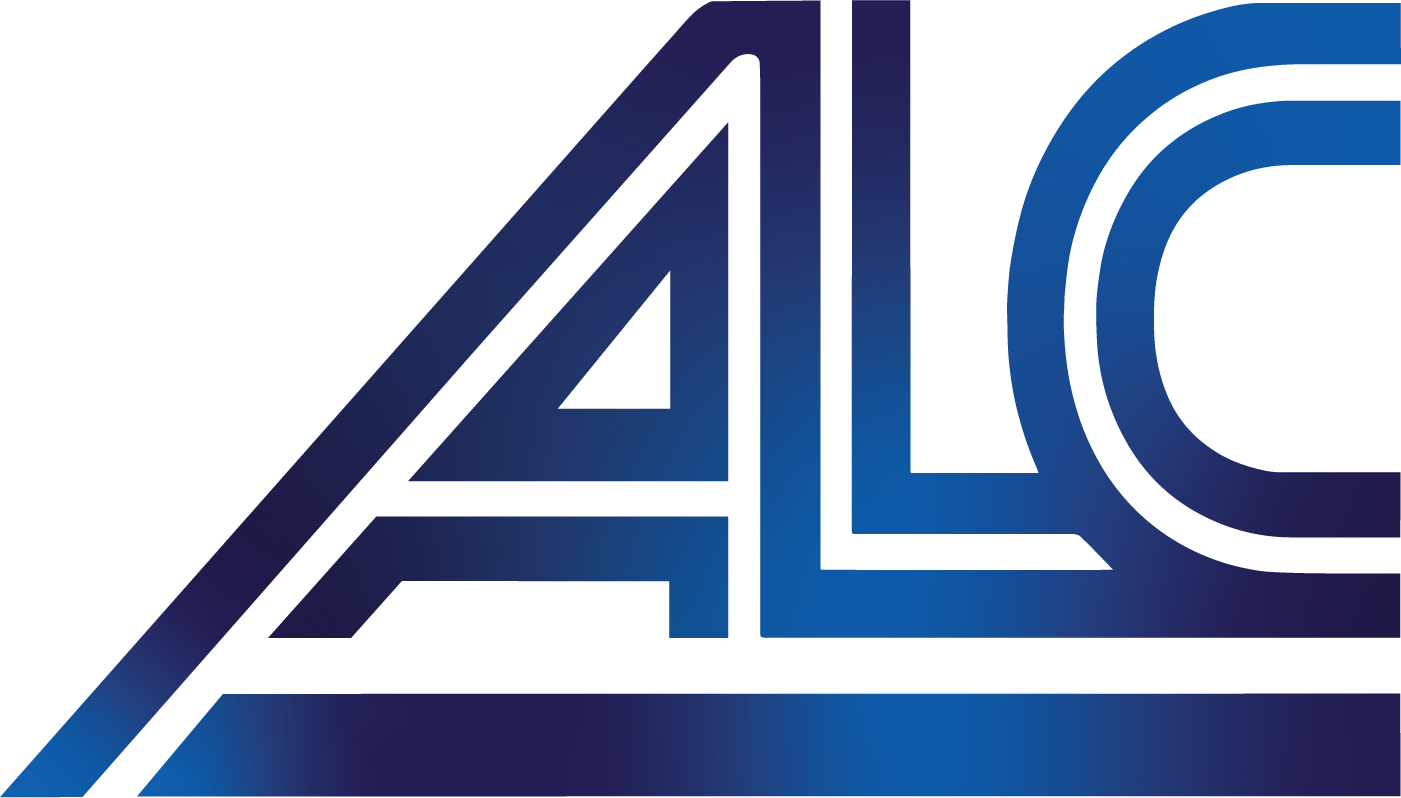An Introduction to Name, Image, Likeness
Name, Image, and Likeness (NIL) refers to the rights of college athletes to profit from their own name, image, and likeness. In the past, the National Collegiate Athletic Association (NCAA) prohibited college athletes from accepting any compensation for their NIL rights, which includes endorsements, sponsorships, and other commercial opportunities.
After the growing movement to to allow college athletes to profit from their NIL rights and states beginning to pass laws permitting such compensation, in July 2021, the NCAA finally adopted a new policy that allowed college athletes to monetize their NIL rights without losing their eligibility to play.
Under the new policy, college athletes can earn money through various activities, such as signing endorsement deals, promoting products on social media, and selling autographs or merchandise with their name, image, and likeness. The policy also requires athletes to follow any state law/executive order and their institution’s rules regarding NIL. The policy has had a significant impact on the landscape of college sports.
The History
Compensating college athletes for their NIL rights has been contentious for many years. The debate can be traced back to the early 20th century.
In the 1950s and 1960s, college athletes began to receive small stipends from their universities to cover the cost of living expenses. However, the NCAA still maintained strict rules prohibiting any form of compensation for college athletes beyond these modest stipends.
In the 1990s, college athletes began to challenge the NCAA’s restrictions on NIL rights. In 1995, basketball player Ed O’Bannon sued the NCAA for using his image and likeness without his permission in a video game. O’Bannon’s lawsuit led to a legal battle that lasted for several years, with the courts ultimately ruling in his favor in 2014.
In response to the growing pressure to allow college athletes to profit from their NIL rights, the NCAA formed a working group in 2019 to study the issue. The working group recommended that the NCAA modify its rules to allow athletes to receive compensation for their NIL rights, and in April 2020, the NCAA announced that it would begin the process of changing its rules.
In June 2020, the state of California passed the “Fair Pay to Play Act,” which allowed college athletes in California to profit from their NIL rights. This was followed by similar legislation in other states, and the NCAA was forced to respond by developing new policies to allow college athletes to monetize their NIL rights.
Finally, in July 2021, the NCAA adopted a new policy that allows college athletes to profit from their NIL rights without losing their eligibility to play.
The Challenges
While the new NIL policy for college athletes represents a significant step forward in terms of compensating athletes for their talents and skills, it also presents several challenges and potential pitfalls. Some of the challenges facing college athletes in regards to NIL include:
- Lack of guidance: Many college athletes may not be familiar with the ins and outs of endorsement deals, branding, and other aspects of commercializing their NIL rights. Without proper guidance and support, they may make mistakes or be taken advantage of by unscrupulous agents or businesses.
- Inequitable compensation: The potential for unequal compensation is a concern, as high-profile athletes in high-revenue sports such as football and basketball may be able to command much higher endorsement deals than athletes in less spotlighted sports, despite having similar social media followings.
- Distraction from academics and athletics: The additional time and energy required to manage NIL deals and partnerships may detract from athletes’ focus on their academic and athletic pursuits.
- Conflict with NCAA rules: While the NCAA has relaxed its rules on NIL, there are still certain restrictions in place, and athletes must ensure that any deals or partnerships they enter into comply with these rules.
- Tax implications: Athletes may need to pay taxes on any income earned from NIL deals, and they will need to ensure that they are meeting their tax obligations.
Overall, while the new NIL policy is a positive development, it will require careful management and oversight to ensure that athletes are able to maximize their opportunities while avoiding potential pitfalls.





